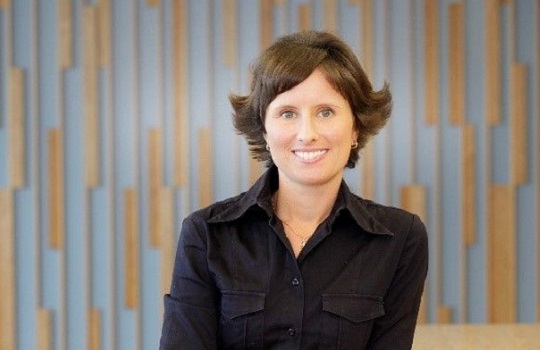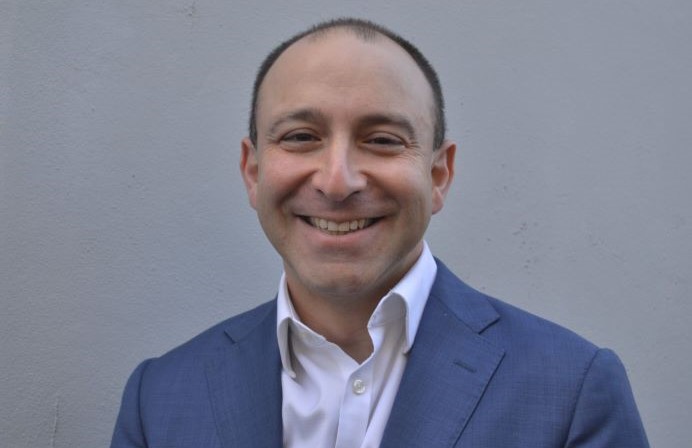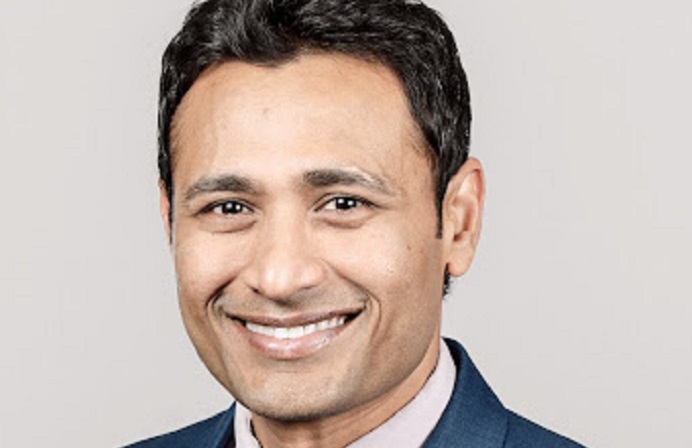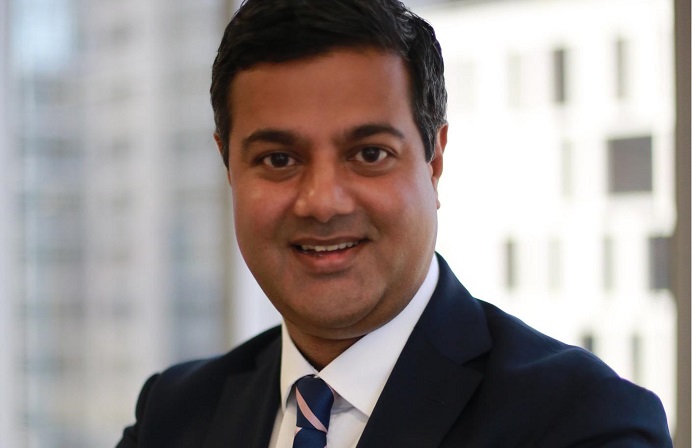
“Data is the gold of this decade. It will turbo-charge us into the Fourth Industrial Revolution where we will see the convergence of the physical, digital, and biological spheres. It will create a new epoch in human development which brings immense opportunities.”
After the challenges and travails of Hayne, AMP has looked to digital to rebuild its fortunes – and in the process create a more streamlined, automated, and data-driven business.
Jacqui Visch, AMP’s recently appointed Chief Technology and Data Officer, takes us through the banking and wealth giant’s billion-dollar digital transformation program, its next steps nearly a decade on from its bleeding-edge adoption of cloud, and a key lesson on achieving one of the industry’s ‘holy grails’ of digital – the whole-of-customer view.
FST Media: AMP is now well progressed in its transformation program. Take us through some of AMP’s key digital priorities for 2020. Have your priorities changed given the prevailing economic mood?
Visch: AMP’s strategy is centred around creating a simpler, client-focused digital business. Central to the strategy’s execution is the creation of amazing client channel experiences, enabled through higher levels of automation and the use of data to better understand our clients’ needs and preferences.
Underpinning the realisation of this is a more robust operating environment, which features stronger processes, risks and controls, and has a significantly reduced cost to run. At AMP, the pedal is firmly to the floor in terms of driving this transformation.
FST Media: AMP has proved among the industry’s pioneer cloud adopters. In your experience, what is the biggest challenge companies face in migrating core applications to the cloud?
Visch: Call me a cloud nerd. The challenges of 2012 versus the challenges of 2020 are far different and create amazing opportunities for accelerating digitisation. AMP was an early adopter of cloud in 2012 – we were at the cutting edge. We moved 40 per cent of our apps to the cloud, building muscle memory around standard infrastructure patterns, developing DevOps automation and cloud engineering. Now in 2020, like all technology, it is time for a refresh to take advantage of advancements in security controls, full stack cloud automation, and industry migration patterns for systems of record.
Some words of advice: shiny new toys aren’t always better toys. Working hard on one piece of tech may reap far better rewards in the long term. Secondly, invest invest invest: in your people, culture, guardrails, and training.
FST Media: Increasingly prevalent in backend operations, how is AMP leveraging technologies such as automation and artificial intelligence to transform customer experiences at the front?
Visch: I couldn’t agree with you more; we’re tackling this on many fronts. We’ve invested in straight-through processing for AMP Saver account origination, moving from manual processing to one that takes just a couple of minutes. The selection of savings specific goals has also been added into the form to allow customers to link a product to a goal immediately to track their savings progress. For our advisers, as part of our Covid-19 response, we rolled out DocuSign to over 2,300 advisers and practice support staff in a matter of weeks. This helped them engage with their clients remotely for electronic signatures. Also, machine learning and heuristics are being used in our advice business to proactively assess risks within the adviser network.
FST Media: With regulatory bodies taking a greater interest in banks, particularly in the wake of Hayne, how is AMP better managing its data whilst complying with regulatory pressures?
Visch: At AMP, we have made significant changes and progress in the way in which we think about, use, and protect our clients’ data. Some key areas include internal data literacy training programs, embedding data ownership roles into the business, and uplifting our processes and tools to manage information. It’s something that’s permanently on our radar.
Along with a vaccine for Covid-19, data is the gold of this decade. It will turbo-charge us into the Fourth Industrial Revolution where we will see the convergence of the physical, digital, and biological spheres. It will create a new epoch in human development which brings immense opportunities.
FST Media: Where is one area you feel Australian banks are missing the mark in effectively utilising and innovating through their vast stores of customer data?
Visch: One area where start-ups and out-of-the-box financial service operators have the advantage is agility. They are free of the legacy of older systems, product sets, and integration challenges that hinder the larger banks from easily obtaining a rich and deep ‘whole-of-customer’ view. I see that as a major hindrance to the development of rapid, highly targeted customer offerings – although great strides have been taken in recent years. At AMP, we are working hard to bring together a whole-of-wealth view – credit card, bank account, debt/loans, superannuation and investments – that will support our clients to increase their financial literacy and allow them to own their financial destiny through all stages of life.
FST Media: As an advocate for progressive innovation in banking, what do you rate as the key disruptive technology that will shake up financial services over the next 18 months?
Visch: The combination of biometrics, artificial intelligence, and cloud will drive consumers from screens to conversation interfaces. Whilst being mobile is critical for the now, moving to conversational and predictive interactions is what we need to get ready for. We are also seeing more and more the emergence of new payment systems and technologies that will drive a far more streamlined real-time experience.
FST Media: In light of the Covid-19 pandemic, corporate teams have been forced to work from home. As a seasoned corporate leader, how do you feel FSIs can manage their remote workforces more effectively? Further, do you believe banks’ organisational operations will change permanently once the recovery begins?
Visch: The speed at which we needed to respond to the emerging situation saw us basically turn a Cessna into an A380 mid-flight. My team was integral to making it happen, so we could ensure a safe working environment for our employees and offshore partners whilst supporting our clients. Two things: I’m proud of the effort of the team and, as an aside, our success has garnered a new level of respect for technology across the business!
By way of example, we expedited the rollout of a new collaboration platform, Microsoft Teams. The take-up of this technology and adaption to new ways of working occurred at speed. The anecdotal feedback from across the organisation is that we will never fully return to ‘the way things were’ prior to Covid-19 and we’ll continue to utilise technology to work differently once the return to office takes place. ◼





